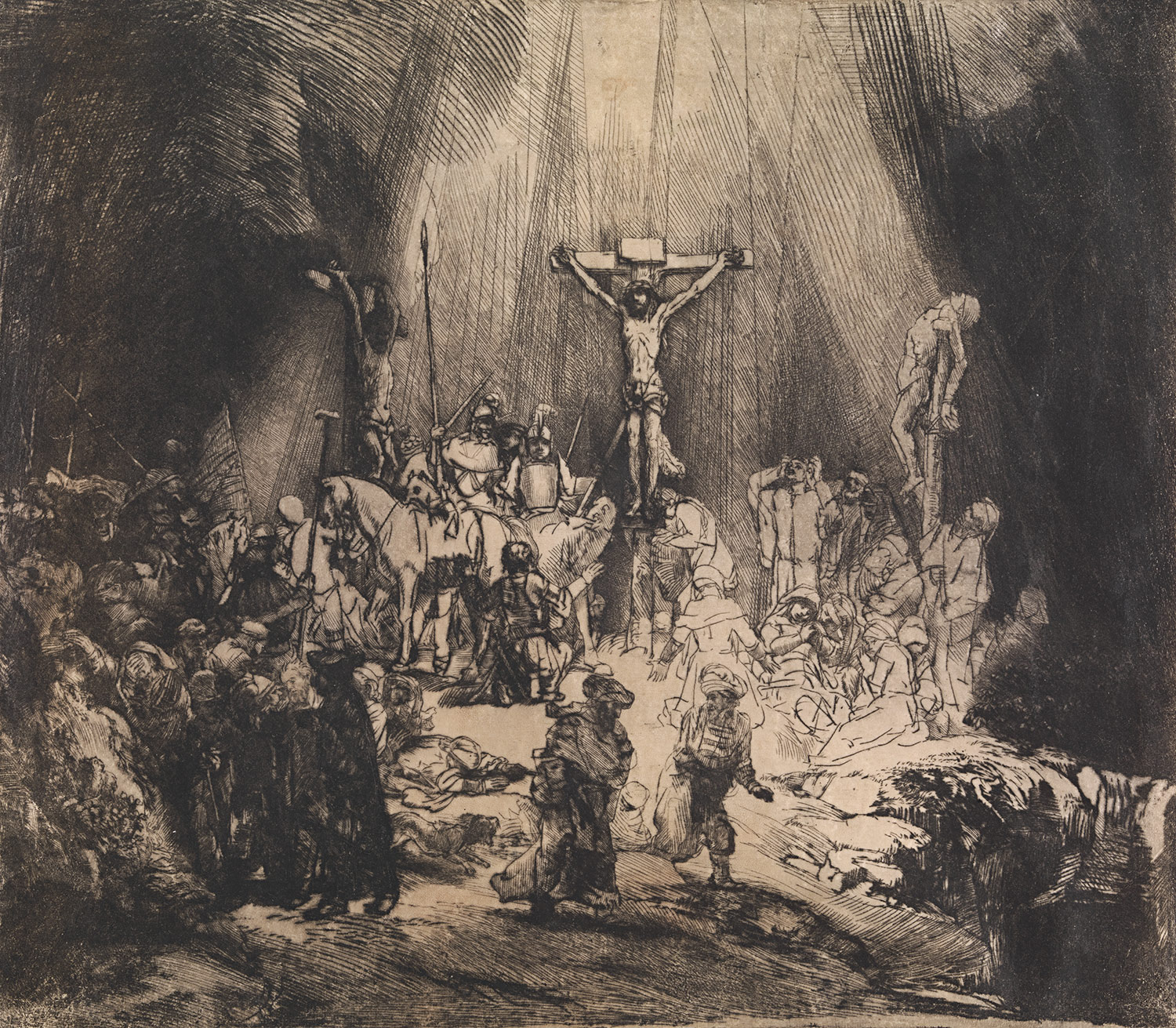The Two Crosses
But far be it from me to boast except in the cross of our Lord Jesus Christ, by which the world has been crucified to me, and I to the world.
Gal. 6:14
I love the writings of A. W. Tozer. When you first pick-up Tozer, he reads like an old curmudgeon. He seemingly dislikes everything about post-World War Two Evangelicalism. However when you read carefully and thoughtfully, you find a profound love for the church and insight into the power of the gospel that many writers miss.
Tozer was a modern day mystic: a mystic in the most positive sense of the word. A mystic sees and experiences a real spiritual world beyond the world of sense (Eph. 6:10). Mystics seek to please God rather than the crowd. They cultivate a close fellowship with God, sensing his presence everywhere. Also, mystics relate their experiences to the practical things of life. Mystics sit at the foot of the Cross.
Tozer examines the difference between Christ’s work on the Cross, the old Cross, and today’s worldly compromised Christianity, the new Cross. His quote is worth reading several times.
The loss, the rejection, the shame, belong both to Christ and to all who in very truth are His. The cross that saves them also slays them, and anything short of this is a pseudo-faith and not true faith at all. But what are we to say when the great majority of our evangelical leaders walk not as crucified men but as those who accept the world at its own value—rejecting only its grosser elements? How can we face Him who was crucified and slain when we see His followers accepted and praised?  Yet they preach the cross and protest loudly that they are true believers. Are there then two crosses? And did Paul mean one thing and they another? I fear that it is so, that there are two crosses, the old cross and the new.
. . . But if I see aright, the cross of popular evangelicalism is not the cross of the New Testament. It is, rather, a new bright ornament upon the bosom of self-assured and carnal Christianity whose hands are indeed the hands of Abel, but whose voice is the voice of Cain. The old cross slew men; the new cross entertains them. The old cross condemned; the new cross amuses. The old cross destroyed confidence in the flesh; the new cross encourages it. The old cross brought tears and blood; the new cross brings laughter. The flesh, smiling and confident, preaches and sings about the cross; before the cross it bows and toward the cross it points with carefully staged histrionics—but upon that cross it will not die, and the reproach of that cross it stubbornly refuses to bear.
A. W. Tozer, God’s Pursuit of Man (Camp Hill, PA: Wingspread, 1950), 53.









